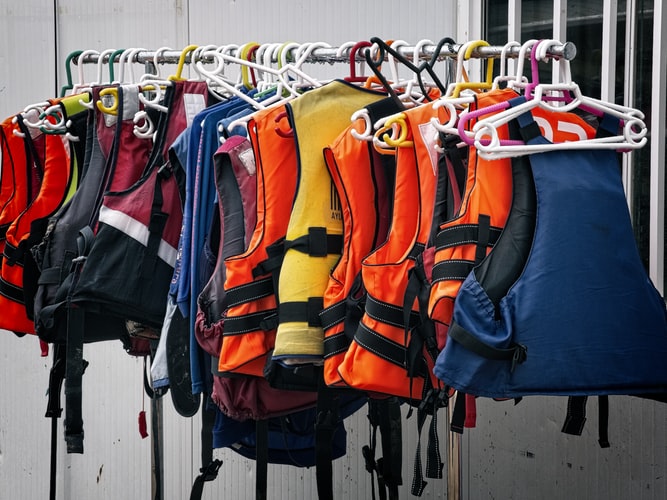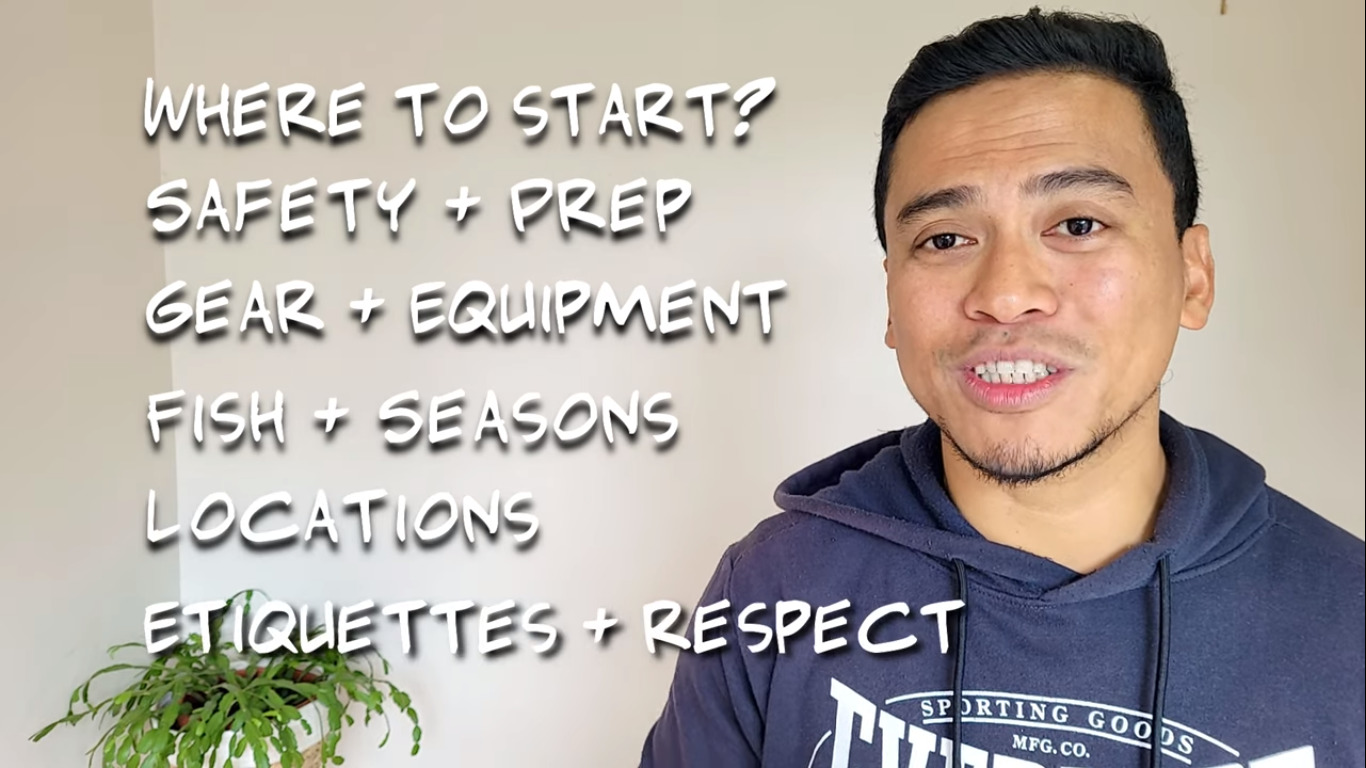Rock Fishing Safety Tips
Knowing how to stay safe and what to look out for while you are rock fishing can help you to stay safe and ensure an enjoyable rock fishing experience with your friends and family.
Plan ahead for a safe trip

Check the weather
Use the Beachsafe App, BOM, or similar sources

Choose a safe spot
Look for areas with low swells, sheltered from rough seas

Consider tides and wind
High tides and strong winds increase danger

Fish during daylight
For better visibility and safety; avoid dusk, dawn, and night fishing

Non slip shoes
Non-slip footwear is essential on wet, slippery rocks. Do not wear gum boots or waders as these will fill with water and make you sink quickly

Lifejacket
Always wear an approved life jacket, it may save your life if you fall in the water
While Rock fishing
- Look for hazard signage and a rescue device before fishing
- Observe the area thoroughly before you start
- Avoid alcohol while rock fishing
- If washed into the ocean, stay calm and look for an exit
- Pick a safe spot and plan an escape route
- Never go fishing alone
- If you see someone washed into the ocean, DO NOT jump in! Look for a rescue device and call "000"
Are you new to rock fishing?
Watch this video from YouTuber Hadi and his crew Team Kingies to learn about some of the beginner basics.
Lifejacket Basics
Always wear an approved life jacket, it may save your life if you fall in the water. In some areas it is the law to wear a lifejacket when rock fishing. You may be fined for not wearing one. Make sure you know how to use your lifejacket – many drownings occur because people do not know how to use their safety equipment.

- Choose the Right Type - Select one suitable for your activity
- Check the Rating - Look for an appropriate buoyancy rating for your weight
- Know How to Use It - Familiarise yourself with adjustments and operation
- Fit Properly - Ensure it fits snugly without being too tight
- Wear It Correctly - Always wear it securely while on the water
- Inspect Regularly - Check for damage before each use

